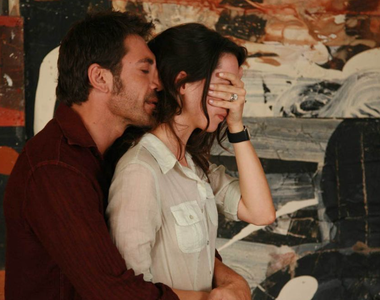
If you turn on your TV or go to Netflix, it's impossible not to find something about #dating, usually in the form of a reality show. Some of these shows claim to be intended to help people find partners, while others seem to simply throw singles on an island for no other purpose than to allow viewers to live a kind of contemplative fantasy.
Many of the shows, while claiming to show real people in real relationships, display stereotypical gender behaviors as well as overtly sexual descriptions of relationship behaviors. With the rise of this type of programming, it is important to examine how shows focused on romantic encounters and relationships affect our attitudes and behaviors.
What do the studies say?
Research by Zurbriggen and Morgan (2006) examined 249 undergraduate students between the ages of 18 and 24 (67% girls). The researchers collected information on participants' demographics, sexual behaviors, attitudes toward dating, relationships and sex, as well as their attitudes towards attending these programs and involvement in dating and reality programs.
It was found that this age saw more of these types of programs than other TV shows, and in particular, the researchers found that those who watched these reality shows had more traditional attitudes toward dating and relationships.
In addition, Zurbriggen and Morgan (2006) found that the total amount of time spent watching these programs was related to opposing sexual beliefs, the adoption of a double standard when it comes to sex, and the belief that men are sex-driven or that "appearance is important in a meeting".
While the researchers in this study found no gender differences in terms of the relationship between viewership and attitudes, they found that men used the shows to learn about dating more than women.
Since research has shown that people are influenced by the programs they watch, it is important to be aware of what is described in the media. People can model what they watch and may seek to watch these programs to get information about dating and relationships. However, these programs, which are supposed to be reality, can perpetuate harmful stereotypes and model problematic behaviors. Therefore, it is important to look at other ways to describe healthy relationships and not take everything for granted.
Remember that the basis of these programs is basically entertainment .
Source: Psychology Today




